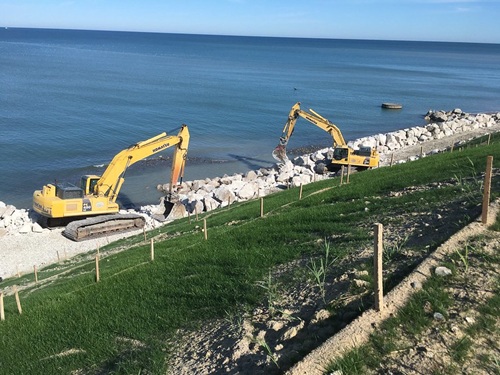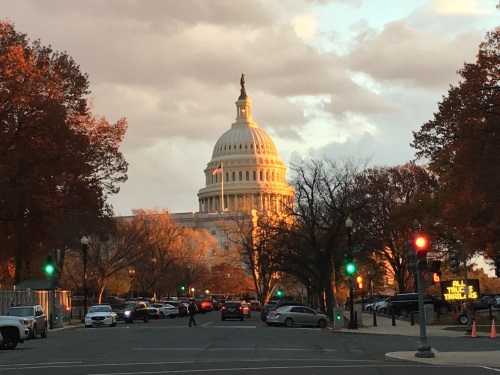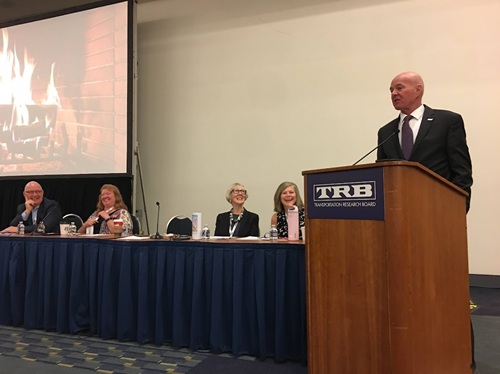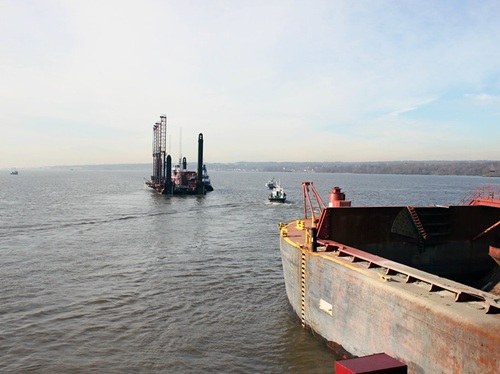The American Association of State Highway and Transportation Officials recently sent a letter to the U.S. Army Corps of Engineers or USACE commenting on the agency’s proposal to reissue and modify nationwide permits or NWPs to improve the passage of fish and other aquatic organisms through aquatic ecosystems.
[Above photo by the USACE]
AASHTO said in its letter that the reissuance of NWPs carries “important implications” for transportation project delivery, particularly in terms of regulatory efficiency, environmental compliance, and project timelines.
Overall, the reissuance is expected to streamline the permitting process by authorizing activities with minimal environmental impacts – thereby expediting approvals for transportation projects.
However, in its letter, AASHTO encouraged the USACE to “remain mindful” of potential gaps in efficiency and certainty that could influence project delivery outcomes.

“Projects that qualify under the NWPs can avoid delays associated with individual permit reviews, which is beneficial to routine and small-scale projects,” AASHTO said. “However, the effectiveness of this streamlined process depends on clear guidance and consistent application of environmental safeguards.”
For example, the organization noted that many NWPs also require pre-construction notifications, adding a layer of review that necessitates thorough and accurate documentation by state departments of transportation.
Additionally, AASHTO remains concerned that NWPs may be suspended or revoked in areas where cumulative impacts exceed minimal thresholds, potentially requiring a fallback to individual permits.
“AASHTO recommends that the USACE clarify whether the impact thresholds established under the NWPs encompass both permanent and temporary impacts to waters of the United States and encourage the USACE to provide clear and consistent definitions for ‘permanent’ and ‘temporary’ impacts,” the organization said.
AASHTO also recommended defining temporary impacts as those that are necessary for project construction, are permitted to remain only for the duration required to complete the work, and are fully restored to pre-construction conditions prior to project completion.
“AASHTO recommends that temporary impacts, as defined above, not be subject to compensatory mitigation requirements and remain exempt from suspension or revocation from the NWP process,” the group said.
AASHTO also requested similar clarifications for those permit programs to provide the same clarity and certainty for those states.
“Clarification of this process is key to allowing states to determine how to transition to the NWP as it will potentially impact project delivery for those projects where permits are pending with USACE or have been recently issued,” the group stressed.
 Top Stories
Top Stories
House Passes FY 2026 THUD Bill Within Minibus Package
January 23, 2026 Top Stories
Top Stories

